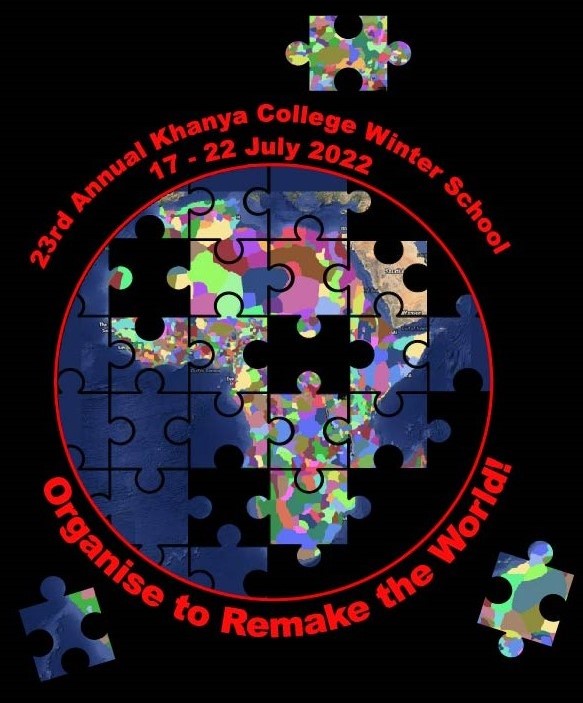Kagittan Hayatlar (Paper Lives) 2021. Is a Turkish movie written by Ercan Mehmet Erdem. Cagatay Ulusoy (31) plays the lead role as Mehmet. The film is a psychological drama, which is set in the central city of Instabul, Tuckey. It showcases the mental illness affecting Mehmet, a recycler running a waste warehouse in a working-class community. Through these projects of waste picking, he is able to create employment for homeless people and a safe space for them to have fun, confide their problems and host small events. His mental illness derives from being abused by his stepfather and his mother’s inability to protect him. As a result, it had a huge impact on his temperament and shaped his outlook in life. It led to him trying to rectify his mother’s mistakes by developing an enhanced sense of empathy and care towards vulnerable people. The screening was emotional for the audience, according to Teboho Serete “This story shows us real life events, the waste pickers have created employment for other people while keeping the environment clean”. Linking it to the experiences of waste pickers in South Africa, Eva Mokoena shared similarities of the film with the waste pickers experiences in South Africa, she also added that “female reclaimers in South are at high risk because they get raped, and being victims of gender Based violence”.
Audience also loved how even in light of the bad things that happened to the main character, the film still portrayed hope, according to Tumelo Ntsala “the great thing about Paper Lives, is that the writer shifted his perspective, instead of writing about negativity, he chose to tell a positive story”
The writer’s objective in trying to portray social issues has been met, he shines a spotlight on how the characters are trying to bring social change and remake the world.
This article was submitted as part of the Imbila Yesu publication produced daily for the duration of the Winter School in 2022 (17-22 July 2022). It appeared in Edition 1, released on 20 July 2022.
You may republish this article, so long as you credit the author and Karibu! Online (www.Karibu.org.za), and do not change the text. Please include a link back to the original article


 Download PDF
Download PDF